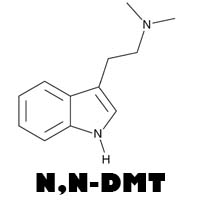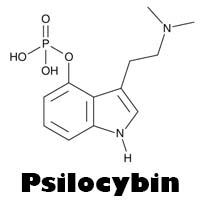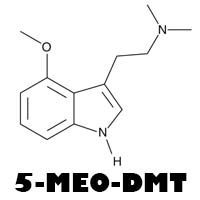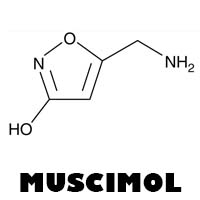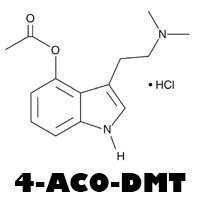Common Myths and Misconceptions About Psychedelics
Psychedelics have been surrounded by myths and misconceptions for decades, largely due to their controversial history and portrayal in popular culture. These misunderstandings can lead to fear, stigma, and misinformation. In this blog post, we'll address some of the most common myths and misconceptions about psychedelics and provide accurate information to help dispel these myths.
Myth 1: Psychedelics Are Highly Addictive
One of the most pervasive myths about psychedelics is that they are highly addictive substances. In reality, most classic psychedelics, such as LSD, psilocybin, and DMT, are not considered to be physically addictive. Unlike substances like opioids or alcohol, psychedelics do not typically cause physical dependence or withdrawal symptoms.
Fact: Low Potential for Addiction
Research has shown that psychedelics have a low potential for addiction. In fact, many users report a decreased desire to use psychedelics frequently, as the intense experiences they provide often lead to a natural period of integration and reflection.
Myth 2: Psychedelics Permanently Damage the Brain
Another common misconception is that psychedelics can cause permanent brain damage. This myth has been perpetuated by sensationalized media reports and misinformation.
Fact: No Evidence of Long-Term Brain Damage
Current scientific evidence does not support the claim that psychedelics cause long-term brain damage. Studies have shown that psychedelics are generally safe when used responsibly and in controlled settings. However, like any substance, they should be used with caution and respect.
Myth 3: Psychedelics Cause Insanity
The idea that psychedelics can cause permanent insanity or psychosis is another widespread myth. This misconception likely stems from anecdotal reports and early anti-drug campaigns.
Fact: Rare and Context-Dependent
While it is true that psychedelics can trigger temporary psychotic episodes in individuals predisposed to mental health conditions, the incidence of permanent psychosis is extremely rare. For the vast majority of users, psychedelics do not cause long-term mental health issues when used responsibly.
Myth 4: All Psychedelic Experiences Are Positive
Some people believe that psychedelic experiences are always positive and enlightening. While many users do report profound and positive experiences, this is not always the case.
Fact: Varied Experiences
Psychedelic experiences can be highly variable and influenced by numerous factors, including the user's mindset, the setting, and the specific substance used. Negative experiences, or "bad trips," can occur and may involve intense fear, anxiety, or distress. Proper preparation and a supportive environment can help mitigate the risk of negative experiences.
Myth 5: Psychedelics Have No Medical Value
Historically, psychedelics have been dismissed as having no medical value, largely due to their classification as Schedule I substances under the Controlled Substances Act.
Fact: Emerging Therapeutic Potential
Recent research has demonstrated significant therapeutic potential for psychedelics in treating various mental health conditions, such as depression, PTSD, and anxiety. Clinical trials and studies are ongoing, and the medical community is increasingly recognizing the potential benefits of psychedelic-assisted therapy.
Conclusion
Understanding the facts about psychedelics can help dispel myths and reduce the stigma surrounding these substances. While psychedelics are not without risks, they also hold significant potential for therapeutic use and personal growth. As research continues, it is crucial to base our understanding on scientific evidence rather than misconceptions.
Suggested Images for the Blog Post
- Addiction Myths: Infographics showing the low potential for addiction in psychedelics compared to other substances.
- Brain Health: Diagrams or images from studies showing the lack of long-term brain damage from psychedelics.
- Psychosis Risk: Charts or statistics highlighting the rarity of permanent psychosis from psychedelics.
- Varied Experiences: Illustrations depicting both positive and negative psychedelic experiences.
- Therapeutic Use: Photos from clinical trials or therapy sessions involving psychedelics.
